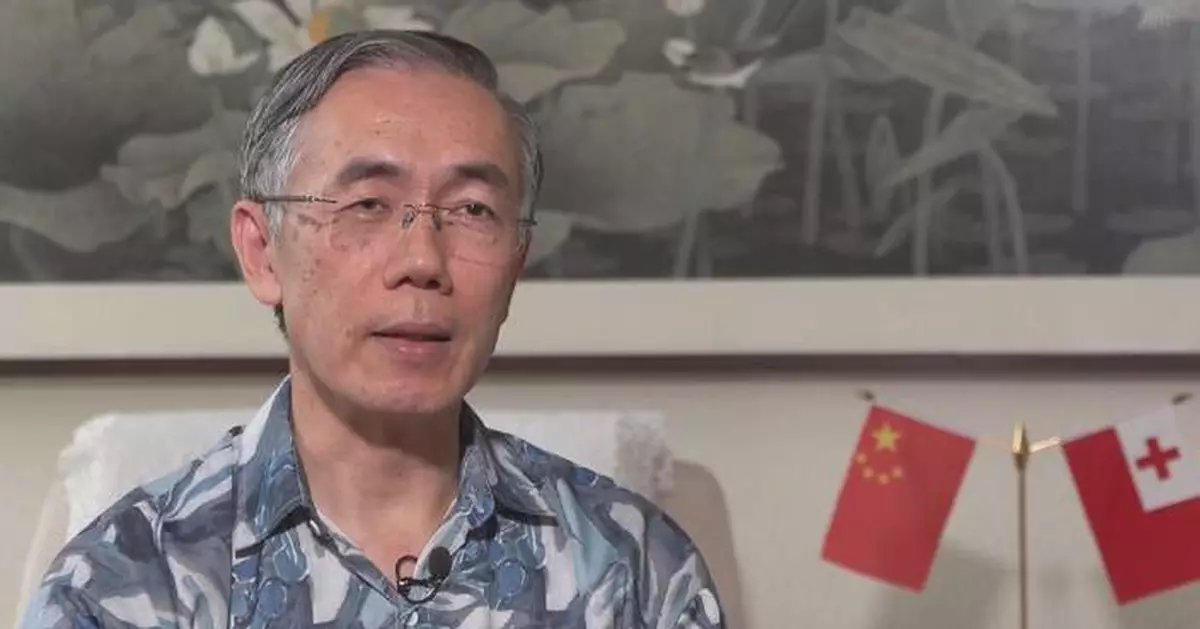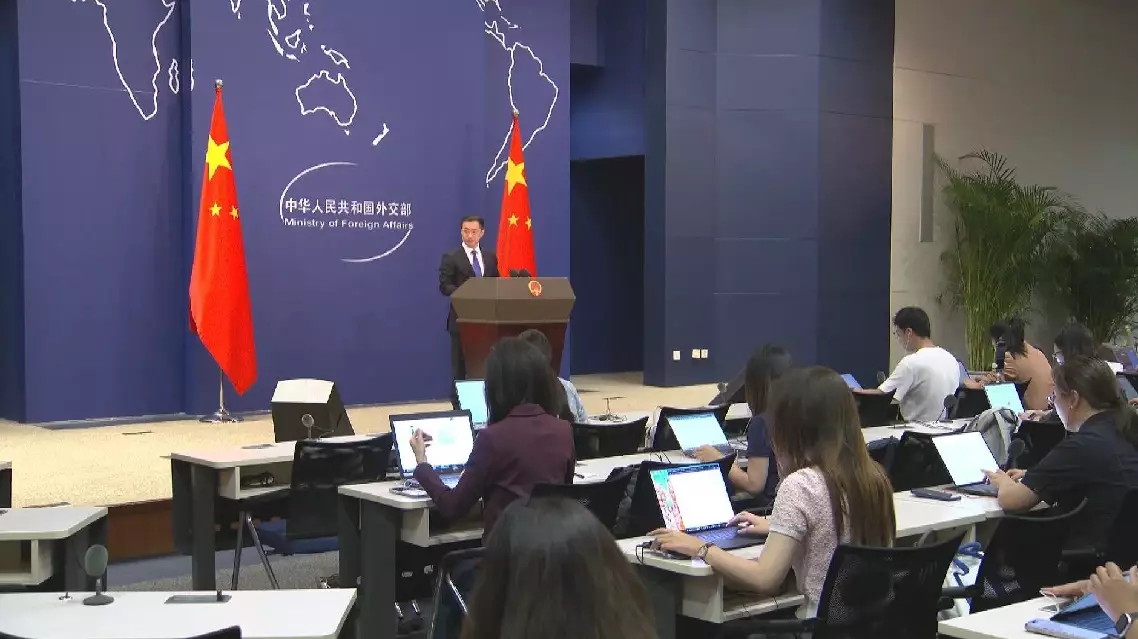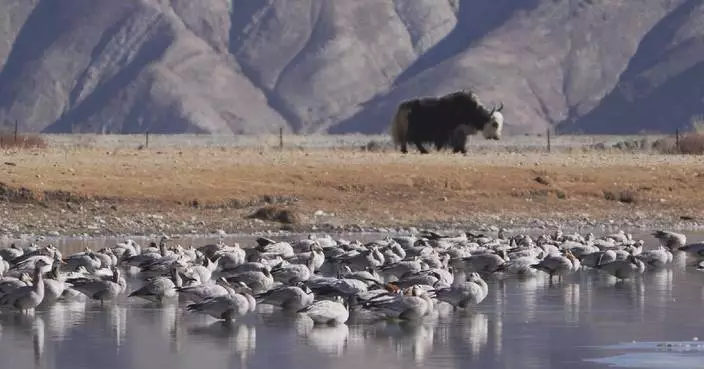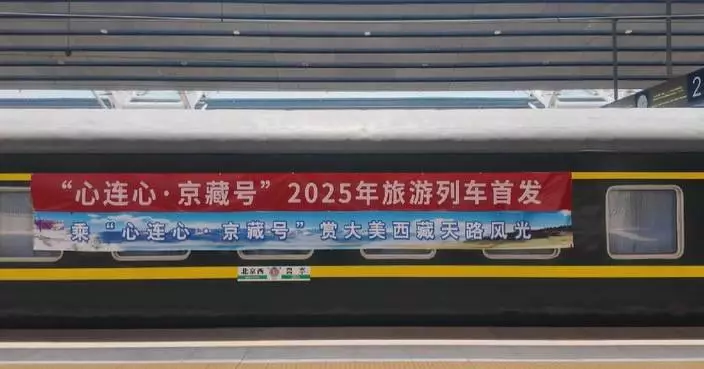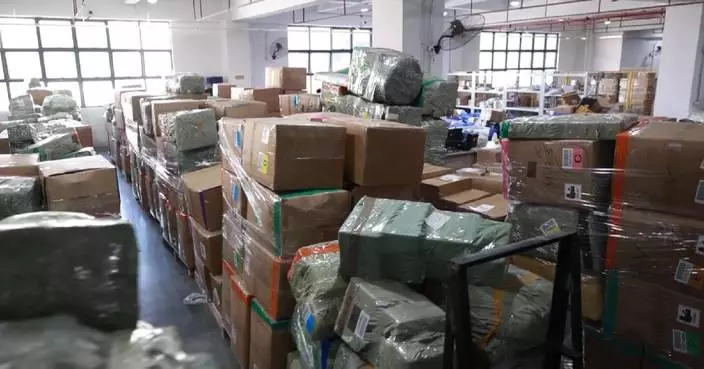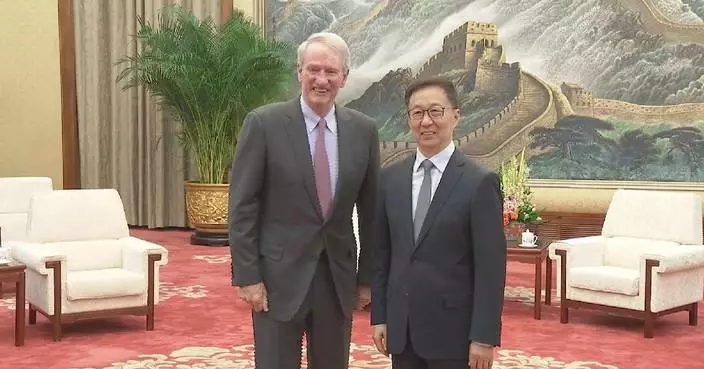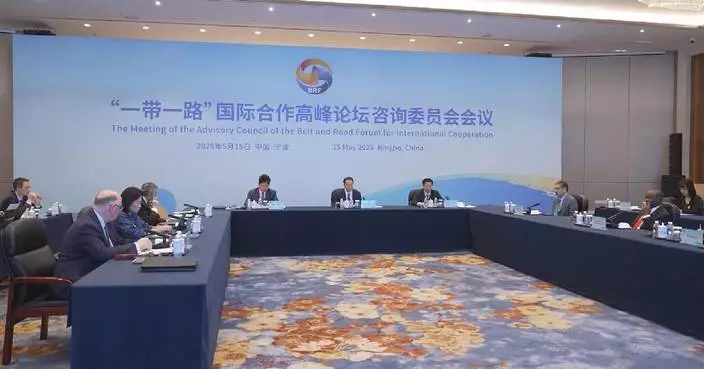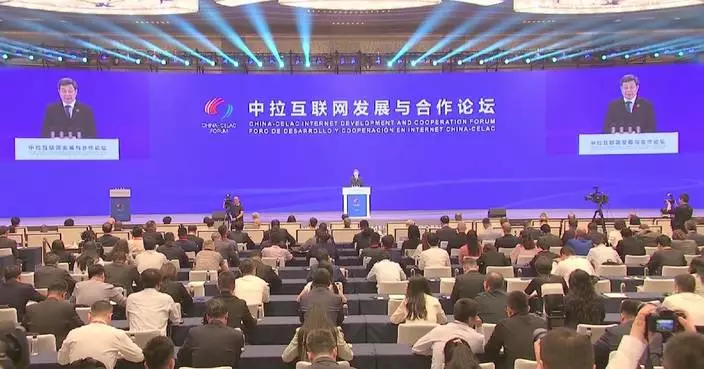China is helping Tonga enhance capability of dealing with its most pressing issue of climate change, while Tonga is an indispensable partner in China's efforts to promote the building of a community with a shared future for mankind, Chinese Ambassador to Tonga Liu Weimin said.
In an interview with China Global Television Network (CGTN) in Nuku'alofa, which was aired on Monday, the ambassador said the bilateral relations between China and Tonga are in very good shape and the momentum is strong.
"This relationship has been going from strength to strength with the deepening of mutual political trust and fruitful outcomes of practical cooperation in various fields," said Liu.
He said both China and Tonga have gained benefits from their sound ties, citing examples including the China-aided Tonga High School Indoor Stadium, where Tonga hosted the 53rd Pacific Islands Forum (PIF) Leaders' Meeting from Aug. 26 to 30.
"There are a lot of testaments or demonstrations of these benefits. The Indoor Stadium of the Tonga [High] School, which is the venue of the PIF leaders' meeting this time, is a very good example. Chinese workers at this project worked day and night to complete the stadium, to make it just ready for the hosting of the 53rd PIF leaders' meeting," said Liu.
"Perhaps the most pressing issue for Tonga is climate change. I think China is trying on its part to help. We are now constructing a wind farm project which may alleviate the power shortage of Tonga and which can also help Tonga to increase, or to strengthen the renewable energy sector so that it can be more capable of dealing with climate change," the ambassador continued.
"China appreciates Tonga's adherence to the one-China principle ever since the establishment of China-Tonga diplomatic ties 26 years ago, and I think that principle is deeply rooted in this country. And, we also believe that Tonga is an indispensable partner in China's effort to build a community with a shared future for mankind," said Liu.
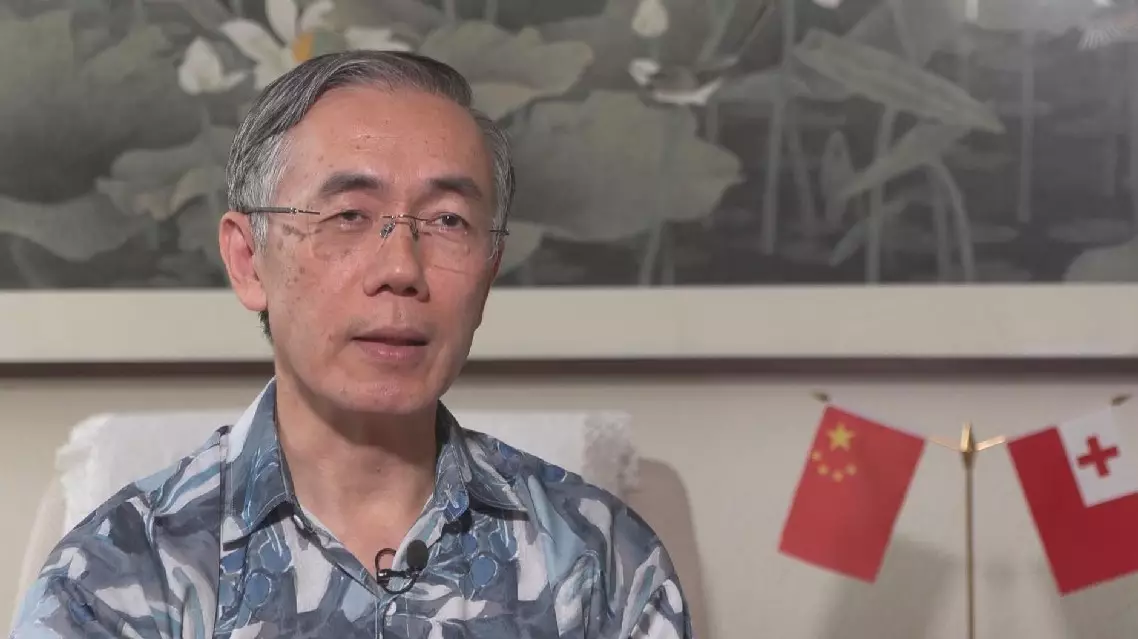
Sound ties deliver benefits to China, Tonga: ambassador


